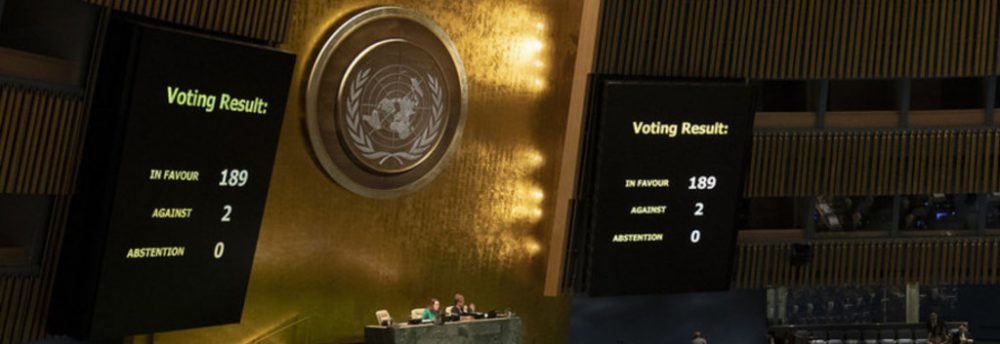Source: Internationalist 360

We, the Heads of State and Government and the heads of delegations of the countries of the Bolivarian Alliance for the Peoples of Our America-People’s Trade Treaty (ALBA-TCP), gathered in Havana, Cuba, on December 14, 2021, to commemorate the XVII anniversary of the Alliance. By signing this Declaration, we renew our commitment to strengthen this mechanism of political coordination, based on the principles of solidarity, social justice, cooperation and economic complementarity, fruit of the political will of its founders, Commanders Fidel Castro Ruz and Hugo Rafael Chávez Frías.
We ratify that the cardinal principle that must guide ALBA-TCP is the broadest solidarity among the peoples of our America, based on the thinking of Bolivar, Marti, San Martin, Sucre, O’Higgins, Petión, Morazán, Sandino, Bishop, Garvey, Tupac Katari, Bartolina Sisa, Chatoyer and other heroes of Latin American and Caribbean independence, according to the joint declaration of Commanders Chávez and Fidel on December 14, 2004.
We ratify our commitment to a genuine Latin American and Caribbean integration, which will allow us to face together the pretensions of imperialist domination and hegemony and the growing threats to regional peace and stability.
We advocate for a transparent, democratic, fair and equitable international order, based on multilateralism, observance of the purposes and principles enshrined in the Charter of the United Nations and International Law; that guarantees international peace and security and respect for the right of peoples to self-determination, territorial integrity, peaceful settlement of disputes, non-interference in internal affairs and sovereignty of States.
We recognize the laudable work of Saint Vincent and the Grenadines as a non-permanent member of the Security Council during the last two years, raising the voice of the peoples of the Caribbean and representing the struggle for just causes within this important organ of the United Nations.
We reaffirm the full validity of the postulates of the “Proclamation of Latin America and the Caribbean as a Zone of Peace”, signed by the Heads of State and Government of the Community of Latin American and Caribbean States (CELAC), at its II Summit held in Havana, in January 2014.
We underscore the need to continue strengthening CELAC as a genuine mechanism for political coordination, cooperation and regional dialogue based on the principle of unity in diversity, in order to face the common challenges we face. We ratify the results of the VI Summit of the Community, held in Mexico City on September 18, 2021, while commending the work of the Mexican pro tempore presidency to revitalize CELAC and reiterate our commitment to support its management.









